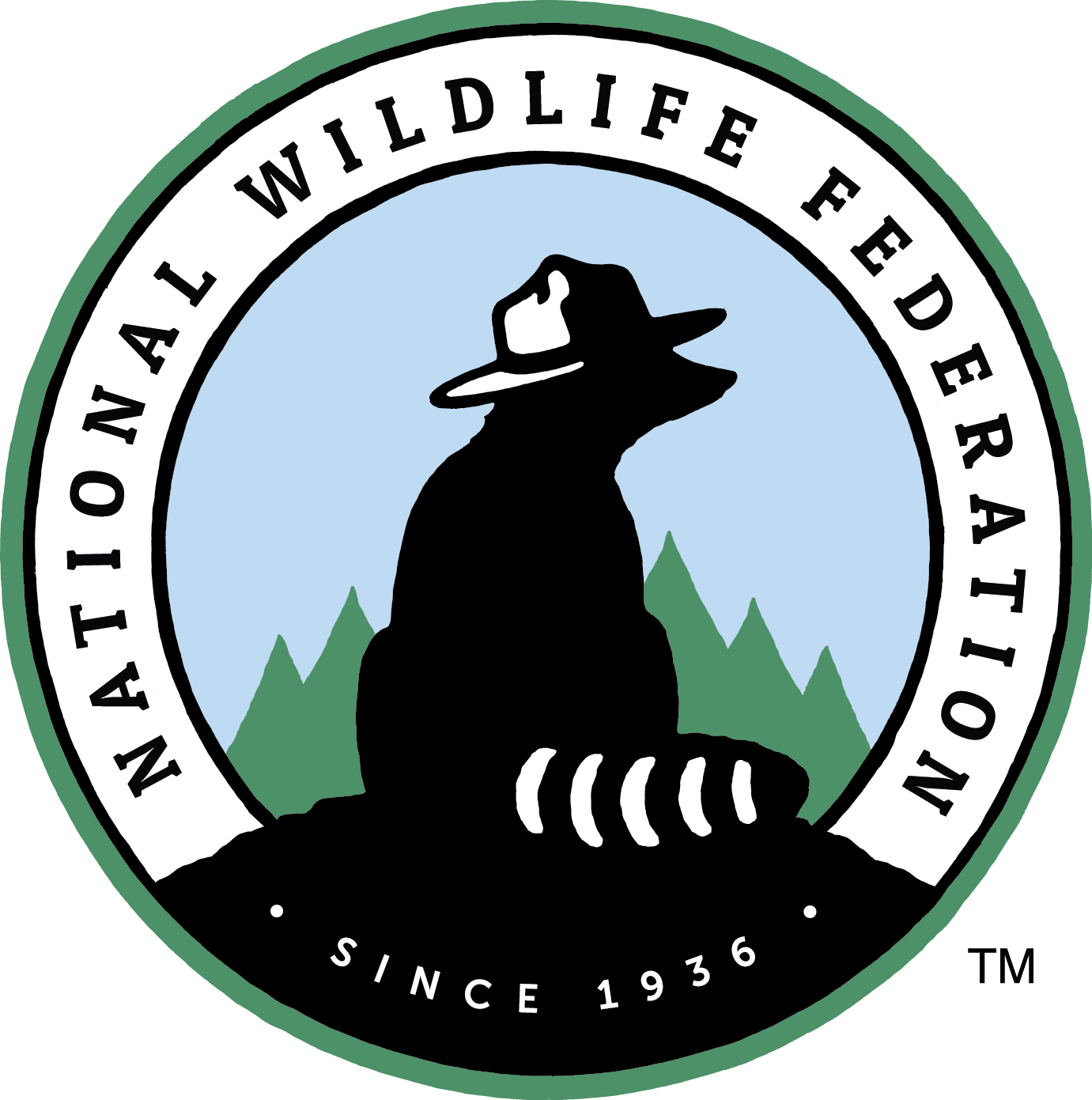Number 2021-06
WHEREAS, the American horseshoe crab (Limulus polyphemus) is critically linked to the health and survival of near-shore coastal ecosystems and animals in the Gulf of Mexico and Atlantic Ocean including numerous fish species as well as shorebirds like the federally-listed red knot; and
WHEREAS, populations of horseshoe crabs are threatened by harvest for use as bait in other fisheries as well as the use of a component in their blood – limulus amebocyte lysate (LAL) – in contamination testing for vaccine and injectable medications which requires unregulated bleeding of crabs leading to possible mortality and other impacts; and
WHEREAS, the Atlantic States Marine Fisheries Commission (ASMFC) lists one regional population of horseshoe crabs as poor, two as neutral, one as good, and the overall stock as neutral, indicating crabs are below carrying capacity in many locations; and
WHEREAS, ASMFC population surveys are gear-limited and do not take into account other important population dynamics such as spawning counts and egg densities; and
WHEREAS, there is a synthetic alternative to horseshoe crab blood – recombinant Factor C (rFC) – already deemed safe and equivalent to LAL by the European Directorate for Quality of Medicines, used in the development of 190 pharmaceutical products and processes, and used by Eli Lilly in the approval of three widely marketed drugs; and
WHEREAS, in 2019, biomedical harvest increased 25%, and mortality 31%, continuing the pattern of exceeding the ASMFC’s mortality threshold for instituting regulations on the biomedical bleeding industry for 12 of the last 13 years; and
WHEREAS, the ASMFC instituted a male-only harvest as part of the Adaptative Resource Management Framework aimed at recovering horseshoe crabs and shorebirds in the Delaware Bay population.
NOW, THEREFORE, BE IT RESOLVED that the National Wildlife Federation, at its Annual Meeting assembled June 8-12, 2021, calls upon The Atlantic States Marine Fisheries Commission to institute a coast-wide male-only harvest of horseshoe crabs, and to put quotas and best management practices into place to reduce mortality impacts from biomedical harvest; and
BE IT FURTHER RESOLVED that the National Wildlife Federation and its affiliates call on pharmaceutical and medical device manufacturing companies to commit to transitions from LAL to rFC in their endotoxin testing procedures; and
BE IT FURTHER RESOLVED that the National Wildlife Federation and its affiliates call on government regulatory agencies and non-governmental entities involved in assuring safety in drug manufacturing to approve rFC as equivalent to LAL with the fewest regulatory barriers; and
BE IT FINALLY RESOLVED that the National Wildlife Federation and its affiliates call on state agencies to work alongside conservation organizations and volunteers to include spawning and egg density data to better assess populations of horseshoe crabs.
